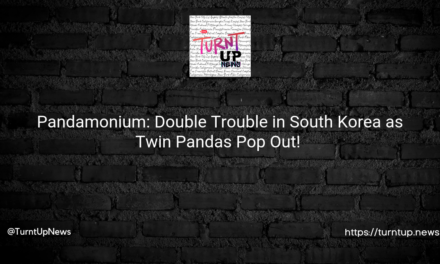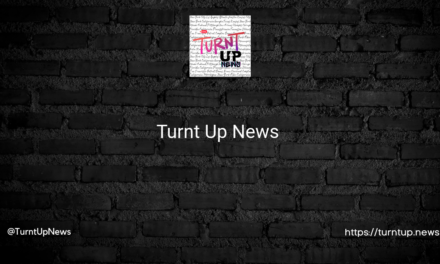🌈”Rainbowland” Ruckus: Educator Sacked Over Song Scuffle in Wisconsin School! 🎶
TL;DR: Melissa Tempel, a Wisconsin-based teacher, has faced the unceremonious boot, after she publicly criticized her school district for prohibiting a first-grade concert from featuring the song “Rainbowland.” 🚫🎵
In the sleepy town of Wisconsin, where cheese is king and the Packers reign supreme, a colorful drama unfolded at a local school, leading to the firing of Melissa Tempel, an erstwhile first-grade teacher. But what crime could she possibly have committed, you ask? Well, the audacity of criticizing the school district’s ban of a song titled “Rainbowland” from a first-grade concert! 🎤🎭😮
We’re not joking, folks! Tempel, who was placed on administrative leave after her outcry, has now been unceremoniously shown the door. This was after she dared to utter the forbidden words, suggesting that there might be something amiss in banning a seemingly innocuous song from a concert meant for tiny tots. A concert for first-graders, mind you, not Woodstock! 🧒🎸
So, here we are, smack dab in the middle of a 21st-century kerfuffle, questioning whether the musical preferences of our children are being muzzled! In a society priding itself on free speech, does an educator not have the right to question the curriculum, or is it just open season on rainbows and melodies? 🌈🎵🔇
But it’s not just about this one teacher. Remember, Tempel was essentially acting as a voice for her students. When we silence her, we’re stifling them. As we gaze upon this unfortunate situation, we have to wonder: When did expressing concern become a firable offense? 😕
Tempel’s firing certainly stirs up some interesting debates. The implications are not just restricted to one Wisconsin school, but resonate across the wider spectrum of education. It begs the question, are we providing our teachers the freedom they need to ensure our children grow in a positive, expressive environment? Or are we muffling their voices under the guise of protocol?
We’re left pondering if this is an isolated case or an eerie foretelling of a more restrictive future for educators. As we reflect on the situation, we can’t help but wonder: How will this dismissal affect the relationship between school authorities and teachers elsewhere? 🏫👩🏫
Are we headed towards an educational future where teachers might hesitate to voice their concerns? And if so, isn’t it time we reassess the rules of engagement within our educational institutions? 🤔
Disclaimer: This article is intended for informational purposes only. It does not constitute or imply an endorsement or recommendation by Turnt Up News of any kind.
So, my dear readers, let’s put our thinking caps on, shall we? Do we want a future where an educator’s role is reduced to a mere conduit for dictated content, with no room for dialogue or dissent? Or do we seek a more dynamic, vibrant educational landscape where teachers are empowered to express their concerns, and students learn to appreciate the beauty of diversity and dialogue? I leave you with this, folks: Isn’t education supposed to be about learning, questioning, and growing, rather than mere compliance? 🤷♀️📚🌱





